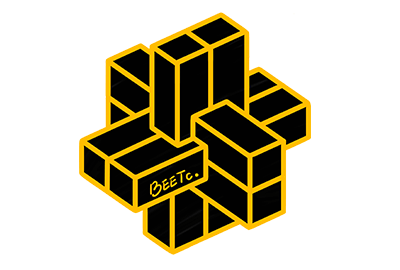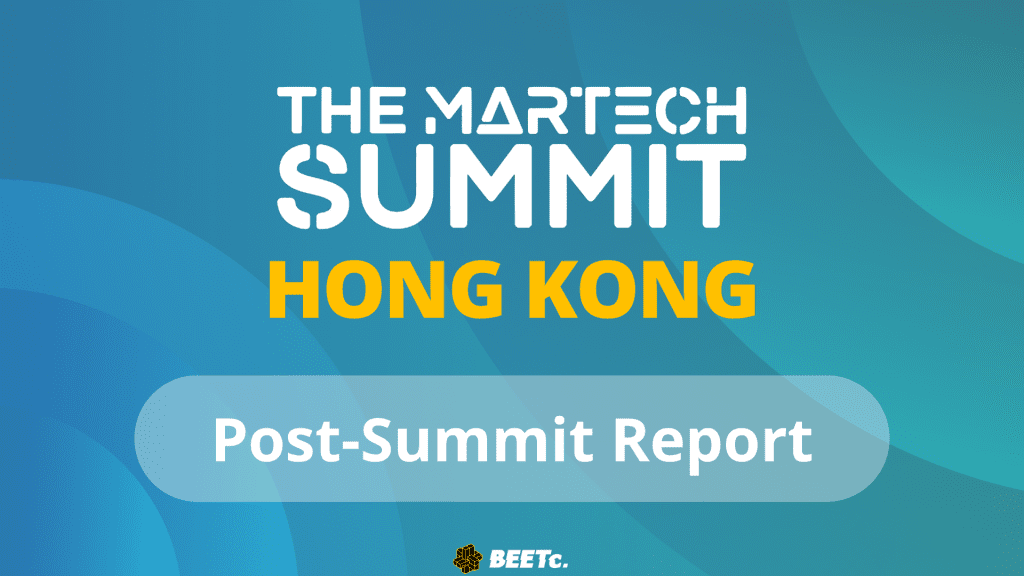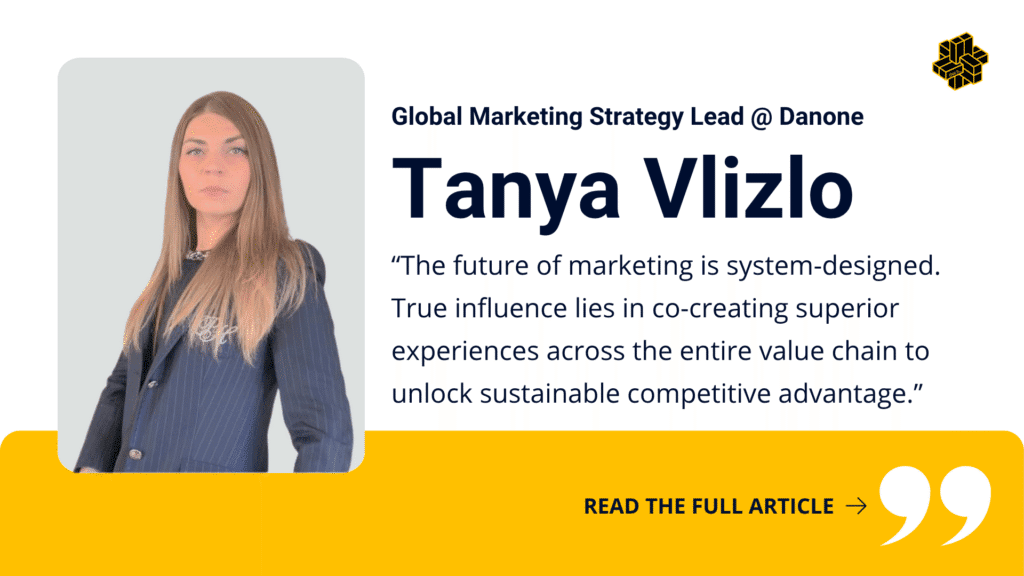How has your approach to customer engagement/retention/loyalty changed due to new MarTech tools and solutions?
At JAL, our approach to customer experience has always been to better understand our customers and to anticipate their needs. With new MarTech tools we have been able to use data to better understand their needs while data modeling and machine learning has helped us to better anticipate their needs, providing them with more personalized and relevant content.
With all the new MarTech tools and solutions now available, what’s one of the key pitfalls to avoid in the procurement process?
One of the major pitfalls to avoid is to jump onto the next new MarTech tool simply to check off all trending buzzwords. We should start with education, ensuring that there is change in departmental or organizational mindset allowing for true digital transformation to take place. Otherwise buying the latest MarTech solution is like getting a sports car before having a driver’s license.
How have you best managed to integrate legacy systems with new MarTech solutions?
As an airline, we use many legacy systems that are very industry specific. Integrating these systems to MarTech solutions used to involve agencies or consultancies and lots of manual work. In recent years we’ve seen an emergence of MarTech players going into the travel space and even travel tech players venturing into MarTech allowing for deeper API integrations.
What MarTech vendors have impressed you with their solutions and understanding of true business needs and challenges?
Salesforce, Adobe and Google have been our close partners in various capacities, providing us with automation and insights that are valuable even beyond the marketing space.
How has your organization / team dealt with the challenge of the marketing industry and wider digital world evolving at such a fast pace?
As an organization, we have not always placed much focus on MarTech until recent years. While we have been late to the game, it does come with some benefits. For instance, MarTech today arguably has better integration than before and are much more compatible with a range of 3rd party tools and systems. This has allowed us to scale better and to have better system integrations.
Currently, what are you primarily looking for in your digital marketing efforts? Awareness or engagement? Why?
Engagement. Awareness on its own has little value to us in improving the customer experience. A customer may be aware of our brand or initiatives but awareness does not necessarily result in action. It is when a user engages with us that we are able to better understand the nature and context of the engagement, allowing us to further nurture and improve the relationship.
What is your key takeaway piece of advice that you would give when speaking to others on how to evaluate and select a MarTech stack?
Integration and education are 2 key evaluation criteria for me. A MarTech stack that does not integrate well with existing systems will often end up a white elephant. Education includes training provided by the MarTech vendor to make in housing an eventual reality. MarTech stacks are often large investments and proper training could help reduce any prolonged setup/management fees from 3rd parties.
How did your MarTech journey begin? Please let us know your top 3 findings and discoveries.
My MarTech journey began in the early days of Sizmek and Double Click Manager where it was probably marketing’s early attempt at providing transparency and some form of end-to-end solution. While these tools are still being used today, MarTech has evolved significantly providing marketers with greater automation, optimization and attribution.
For you and your team, which is currently recognized as the larger challenge – MarTech integration or MarTech strategy?
At this point in time, MarTech integration is proving to be the larger challenge for us as we’re discovering that MarTech solutions are crossing new touch points such as voice. Having said that we foresee that MarTech strategy will become increasingly challenging due to the new data privacy policies in place.
Have you mainly chosen to adopt established MarTech or have you also looked into the emerging opportunities? Which?
It’s almost an 80/20 split for us. We primarily adopt established MarTech for the wealth of support and integration it offers while for some minor special projects with low risk, we are willing to try emerging opportunities.
Which MarTech brands have you found have / are close to best meeting your expectations when it comes to customer experience? Let us know of any brands which have exceeded expectations.
Adobe understands the end to end user experience journey, Salesforce’s strengths lies in CRM and harnessing those data across various touchpoints while Google has made advertising automation and attribution a reality.
What do you predict as being the top MarTech trends for 2020?
My predictions are quite predictable and probably passé but I do hope they become trends so we would finally learn how to do it right.
- Omni-Channel
- Data Privacy
- Automation













